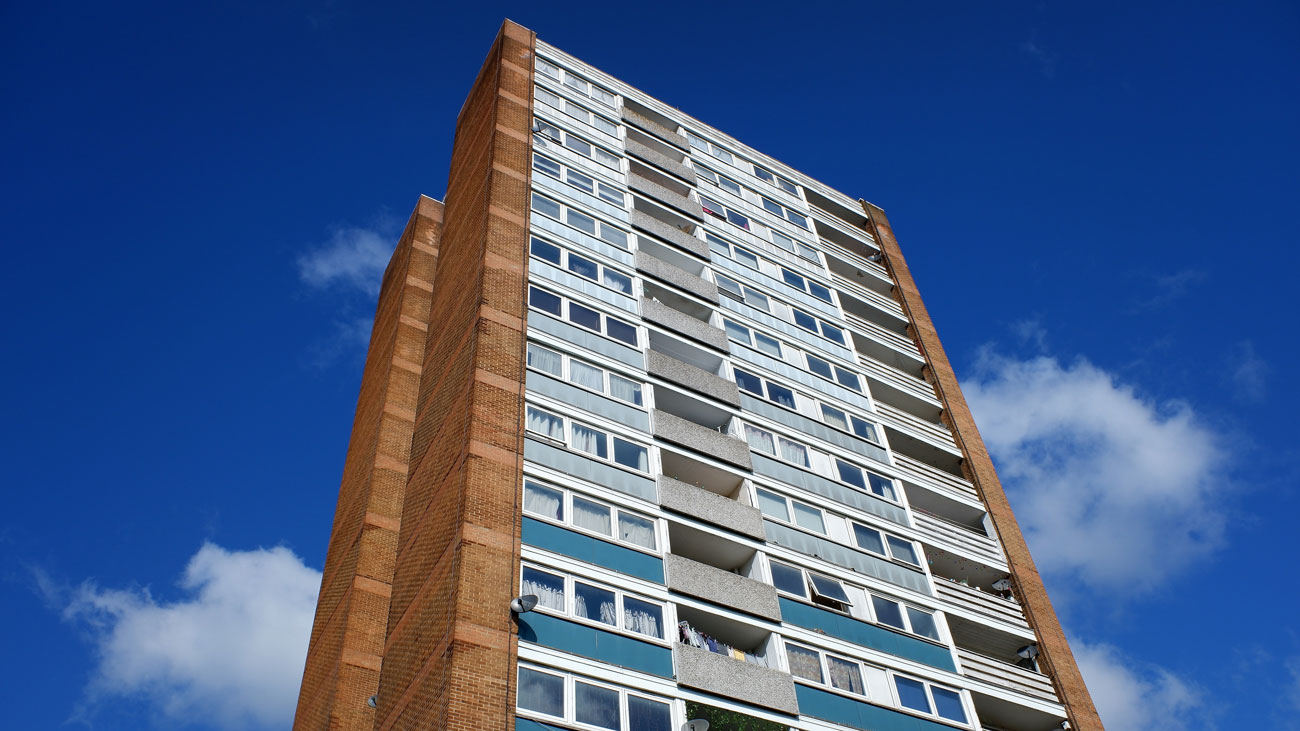
Compliance is significant problem for FMs
Over two-thirds (70%) of maintenance professionals state that staying compliant is the most significant problem in their business, according to a recent poll by SFG20.
Just over half of those surveyed report that meeting safety standards is their biggest priority in 2024. However, all poll respondents (100% of those surveyed) remain unsure about how prepared they are to comply with the Building Safety Act and the golden thread requirements for facilities managers.
The Building Safety Act requires certain types of information about the building to be collected. This is called the 'golden thread of information'.
You must keep a digital record of information about a building if you are:
- A client, principal designer or principal contractor working on a project that involves a higher-risk building.
- An accountable person or principal accountable person responsible for a high-rise residential building.
Examples of the information you might want to collect include:
- Completion certificate for the refurbishment work.
- Specification or certification for important materials such as replacement cladding.
Keeping information about a building helps you:
- Comply with your legal duties; and
- Manage building safety.
Some of this information is required to register a building with the Building Safety Regulator (BSR). It should also be included in your building's safety case report. It will help you show you've taken all reasonable steps to manage building safety risks.
Consistently remaining compliant can often be overlooked when maintenance budgets and strategies face rising costs of materials and labour. As the focus on compliance, highlighted in the Building Safety Act, grows, facilities managers are required to keep on top of their legal responsibilities whilst also pinpointing potential hazards - including electrical, structural, and fire safety - to prevent dangerous incidents and to protect people and valuable assets.
Paul Bullard, Product Director at SFG20, says:
“Understanding your statutory responsibilities as a facilities manager, and the consequences of non-compliance, is imperative. Not only does non-compliance increase the risk of legal consequences and sanctions, but it will likely lead to avoidable added costs, such as increased insurance premiums, and a damaged reputation.
“Building maintenance is no longer a backseat issue for organisations, but the cornerstone of health and safety, and efficient running costs. A ‘fix on fail’ approach might work for non-statutory maintenance, but the approach can mean statutory tasks are not completed, creating significant risk to both building owners and occupants.
“Codes of practice and industry standards are often generic, requiring expertise to add the important final layer of how this can be achieved. The SFG20 technical authoring team reviews legislation and regulations, then researches supporting documentation to create a list of actionable tasks for those responsible for maintenance, and completed efficiently and on-site by maintenance personnel. With the Building Safety Regulator committed to enforcing compliance in the FM space, they will be using industry standards as their benchmark.”






